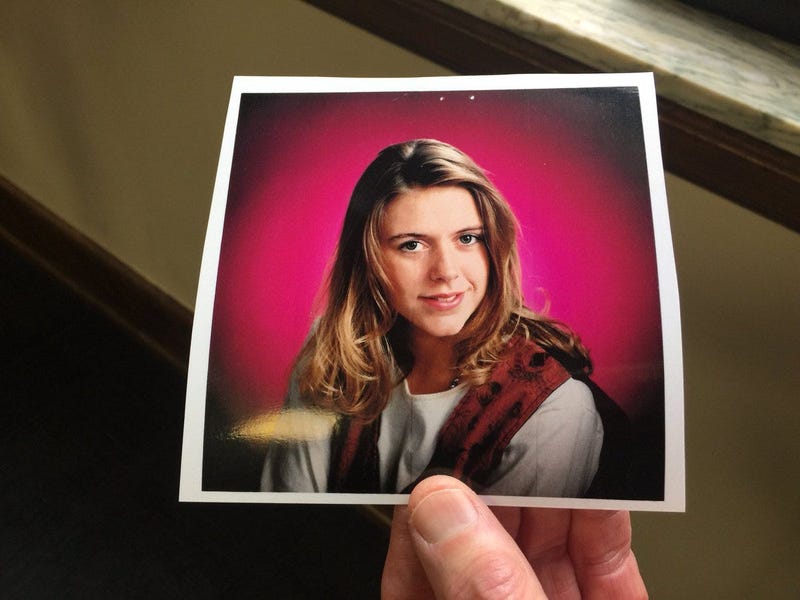
LOCKPORT, N.Y. (WBEN) - It could take several days, possibly even weeks, for attorneys to select jurors in the trial of Joseph Belstadt, the man accused of killing Mandy Steingasser more than 26 years ago.
WBEN Legal Analyst Paul Cambria said that the media attention that the Belstadt case received means that more potential jurors may have been exposed to the case.
"A typical question by the judge would be 'has anyone read anything or heard anything concerning this case?'," Cambria explained. "Then the question is, when people raise their hand, do you examine them in the presence of all the other potential jurors or do you examine them in private? If you examine them in the presence of the other jurors, they may say something that prejudices the whole panel. Typically, they'll take them one at a time in chambers, with a court stenographer, and ask what have you read and will that, in any way, affect your ability to be impartial?"
READ MORE: 25-YEAR MYSTERY SOLVED IN NORTH TONAWANDA MURDER
Nearly two years ago, and 25 years after the incident, Belstadt was charged with the murder of Mandy Steingasser. Steingasser was last seen alive at the corner of 5th Avenue and Oliver Street in North Tonawanda that September 19. Her body was found more than a month later at Bond Lake Park in Sanborn.
For decades, the case was investigated but there was not enough evidence to charge Belstadt with the crime. New evidence uncovered in recent years gave authorities the chance to indict Belstadt before a grand jury.
Belstadt has maintained his innocence.
Cambria said that the new evidence could be powerful, such as a admission by Belstadt, or physical evidence from the scene.
"If there is DNA available now that was not available back then, that could be very powerful evidence from the standpoint of the prosecution," Cambria said. "Unless we know what they have and what they have to introduce or not, we're not in a position to assess how strong the case is."
The trial is expected to last about six weeks.
